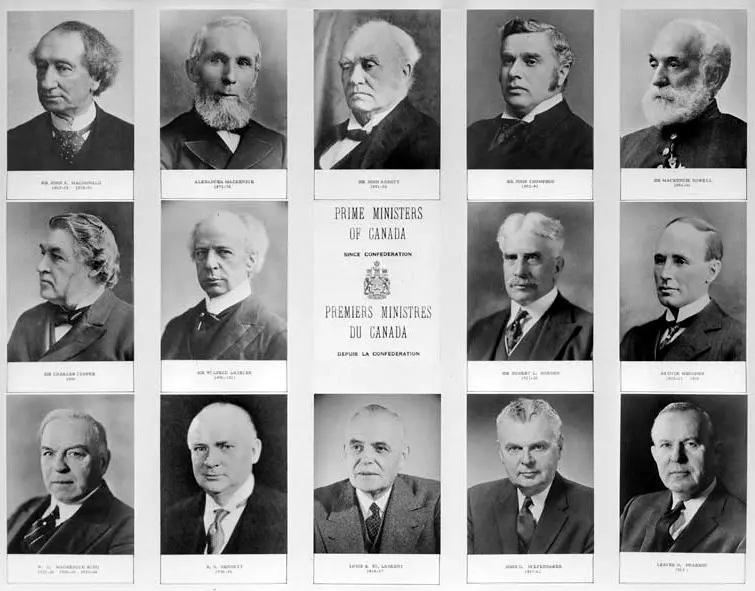Commentary
Summer is waning, and with it another season of Canada’s traditional Ceremonial Guard.
Thousands have seen the striking soldiers in red tunics and tall bearskin caps who, supported by a brass band and pipes and drums, “Change the Guard” on Parliament Hill. And quite often, a young Canadian in the audience is inspired and says: “I want to be a soldier.”
Imagine a small but proud new country—let’s call it “Canada.” It has a rather desolate little capital containing a few dignified buildings, but otherwise lacks all colour, pageantry, and panache. It’s a bloodless, rather grey, bureaucratic town.
That was Ottawa on June 5, 1872, when Thomas Ross, an imaginative civil servant, wrote to Sir George Cartier, the minister of militia.
“The absence of Queen’s troops at the Capital,” Ross wrote, “and the great blank caused by the lack of military music at the Government House, etc., induce me to hope that the Minister of Militia will be enabled to grant my request.”
Government House is the proper name for Rideau Hall, the official residence of the Canadian monarch—and, in the latter’s absence, the residence of the governor general, who represents the King.
Ross was the second-highest-paid official after his superior, John Mortimer Courtney, the deputy minister of finance.
But as Major Ross, he was also an enthusiastic part-time soldier. He had risen from the junior ranks in the artillery in Quebec City, capital of the old Province of Canada, where he’d worked as a young clerk since he was 18.
Ottawa was then a backwater known as Bytown, home to mill owners, lumbermen, and assorted ruffians who, one day—July 1, 1867—woke up in the capital of a new country, the Dominion of Canada.
“Sir, I have the honour to submit to you,” Ross advised Cartier, “the propriety of raising, in this city, a Volunteer Force of Infantry, to be called ‘The Governor General’s Guards’ … whose services would be at the disposal of the Government on all occasions of State.”





